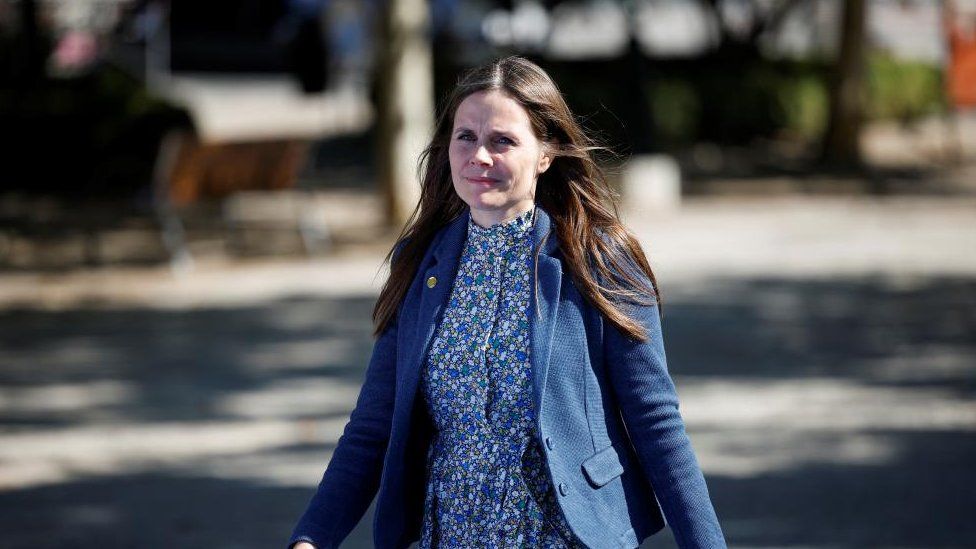-

-
-
Loading

Loading

On Tuesday, tens of thousands of women in Iceland, including Prime Minister Katrín Jakobsdóttir, will participate in a women's day off called "kvennafri." The purpose of this protest is to draw attention to the gender pay gap and gender-based violence. Industries where women make up the majority of workers, such as healthcare and education, will be particularly impacted. This will be the first full-day women's strike since 1975. The strike encourages women and non-binary individuals to refuse both paid and unpaid work for the day, including household chores. Prime Minister Jakobsdóttir herself declared that she will not work, and she expects all other women in the cabinet to join her. Ms. Jakobsdóttir expressed that her government is investigating how female-dominated professions are valued compared to male-dominated fields. For instance, women comprise the majority of teachers at all levels in Iceland's educational system, including 94% of kindergarten teachers. Additionally, around 80% of workers at the National University Hospital of Iceland are women. Although Iceland has been ranked the best country in the world for gender equality by the World Economic Forum (WEF) for 14 consecutive years, it is not completely gender-equal, receiving an overall score of 91.2% from the WEF. The country ranks 14th in the world for economic participation, below countries like Liberia, Jamaica, and Norway. In 1975, approximately 90% of Iceland's female population went on strike to emphasize the importance of women to the economy. This historic strike led to the passing of equal pay legislation the following year. The former Icelandic president, Vigdís Finnbogadóttir, credited the 1975 strike as the first step towards women's emancipation in Iceland, paving the way for her to become the world's first democratically elected female head of state in 1980.